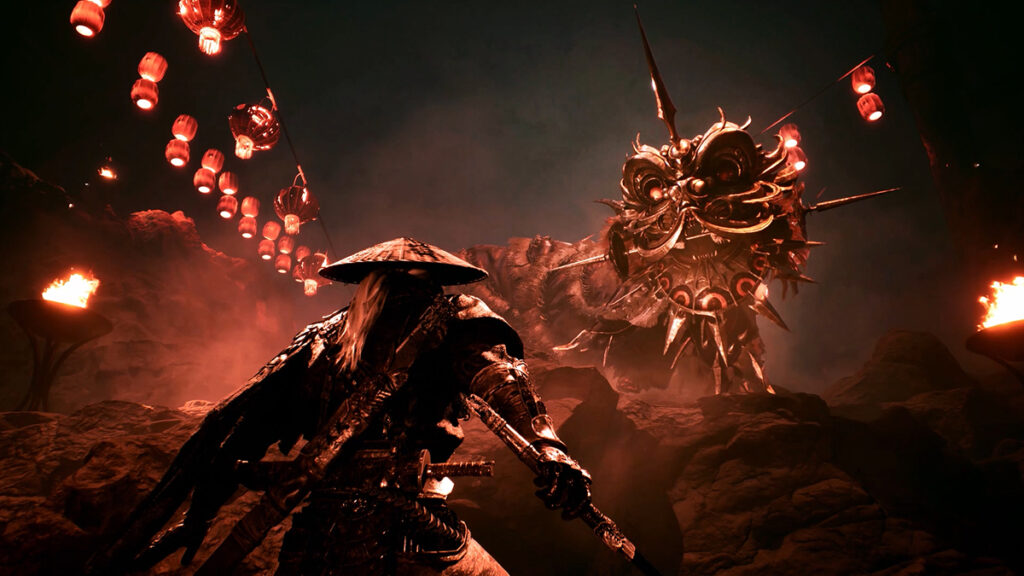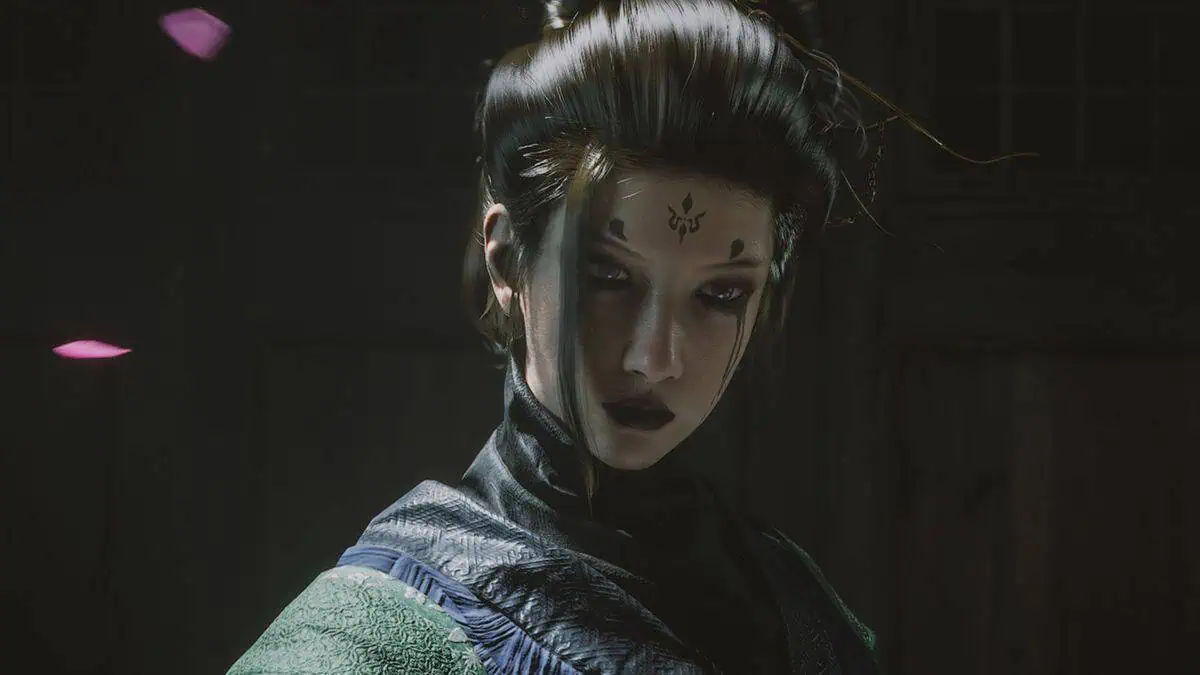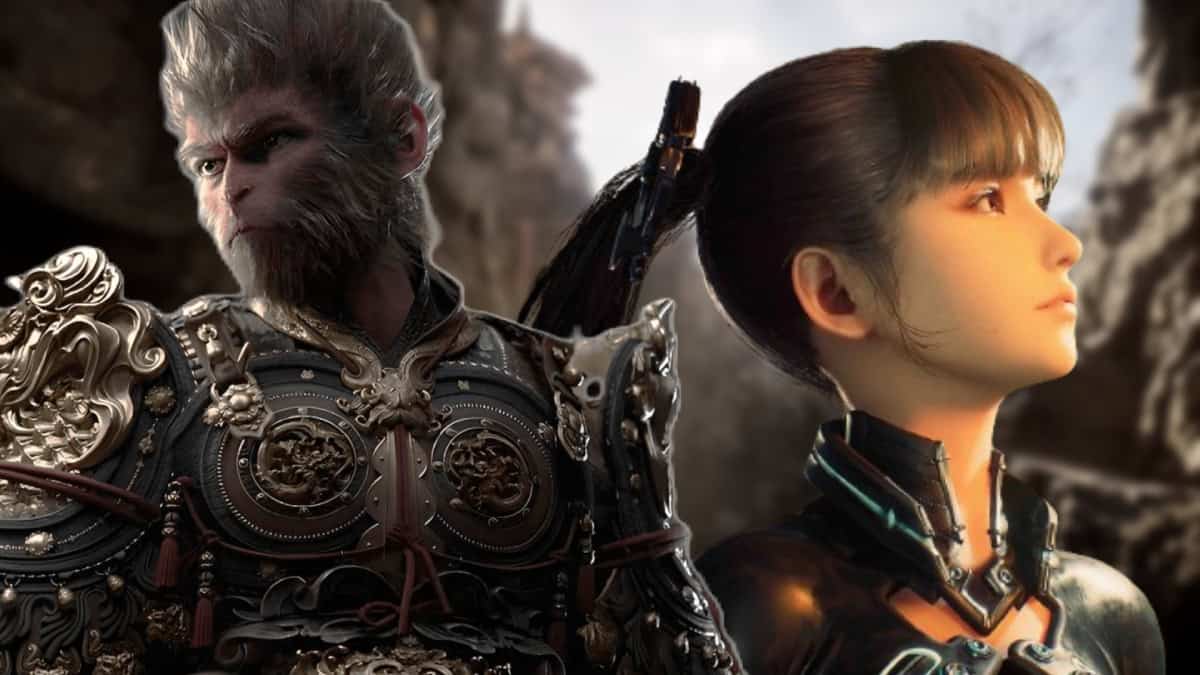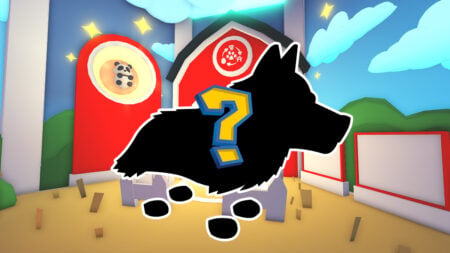Chinese-made console games seem to be all the rage these past few years. After Game Science’s Black Myth: Wukong‘s success, the PS5 exclusive Phantom Blade Zero is now getting the spotlight. Despite the never-before-seen worldwide breakthrough, there are still some concerns regarding cultural barriers in Chinese games like Phantom Blade Zero.
The Japanese publication 4Gamer asked developer S-GAME whether they’re concerned if gamers outside Asia and China can understand the cultural significance of its products. Black Myth: Wukong, for example, is rooted in the classical Journey to the West literature, which a lot of gamers might not be familiar with.
“I’m not worried that the theme we chose will be seen as too difficult to understand,” answered Liang Qiwei, S-GAME CEO, confidently. Liang believes that players will ignore — or outright get hooked — by foreign concepts as long as they enjoy the ride.
“If you make an interesting game, even unfamiliar themes will be seen as new.”
Reflecting on that question, Liang explains how gamers in China, like himself, got informed of and embraced foreign cultures.
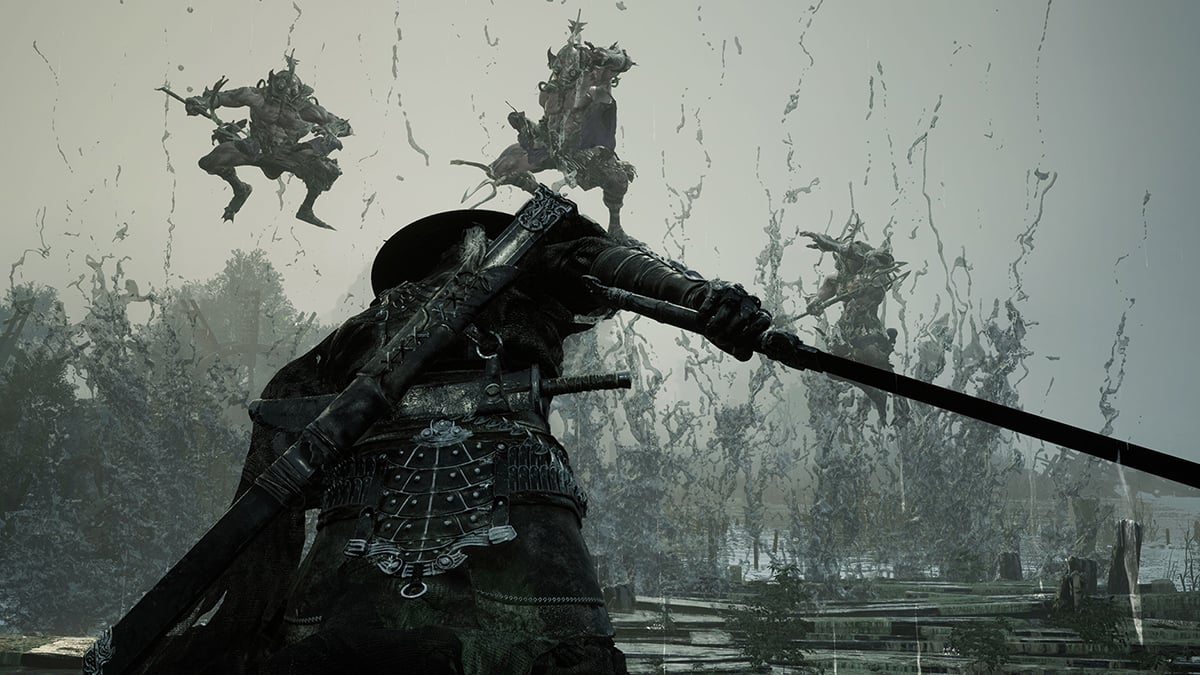
“The reason we Chinese gamers know about Western and Japanese culture is because there are very interesting games using those themes as an entry point. We gradually became familiar with them. […] Because there were so many good games, they are now recognized as part of pop culture.”
Liang and his team are confident that Phantom Blade Zero will be able to transcend cultural barriers. As long as they make a product that people can enjoy.
“In my opinion, the quality and experience of a game are the foundation of everything. If you can properly craft them, I think the cultural barrier will be a ‘plus’,” said the developer known as Soulframe.
“[…] If the game itself is interesting, the [cultural] distance felt from an unfamiliar theme can be a good thing rather than a barrier. I think it’ll be a very strong ‘plus point’ that attracts more players.”
For that reason, the team constructed an idea called ‘kungfu punk’ for Phantom Blade Zero to bypass the notion of cultural barriers. They used Neo, Keanu Reeves’s character in The Matrix series, as the best example of this concept. The movie implements an inherently Western science-fiction as the backdrop, but it sprinkles elements of Asian martial arts into the scenes.
“An easy-to-understand example is ‘The Matrix,‘ a science fiction film set in the future. However, the combat movements in the film are purely Chinese martial arts action. Keanu Reeves even received martial arts instruction from [famous Hong Kong choreographer and director] Yuen Woo-ping.”
Players can see that idea is reflected well when watching videos of or playing Phantom Blade Zero. At a glance, the setting looks like gloomy, nondescript fantasy places not unlike any Souls game. However, you can spot heavy Chinese and Asian influences if you see it hard enough. The most obvious one is Soul the main character is wearing a straw hat used by travelers and rice paddy tenders. He also wields a Chinese Jian-like sword on his back instead of a European long sword commonly seen in fantasy video games.
“The background of the story is set in a framework that does not have many cultural barriers, and in combat, attacks are made using Chinese martial arts,” he explained. “In fact, we have received good feedback from Western players in Los Angeles (Summer Game Fest) in June and in Cologne (Gamescom) afterward.”
Liang feels that you don’t have to understand anything about martial arts or Chinese culture to experience ‘kungfu punk.’ Provided that gamers think Phantom Blade Zero is ‘cool,’ then there shouldn’t be any cultural barrier issues.
“This kind of feeling doesn’t require an understanding of the culture. It’s a visual experience that makes you just go, ‘Oh, that’s cool!’ so it’s easy to understand.”
“The most important thing about a game is that it’s fun,” Liang added. “If the game is fun and feels like a great experience, you can be immersed and become interested in new ideas.”

